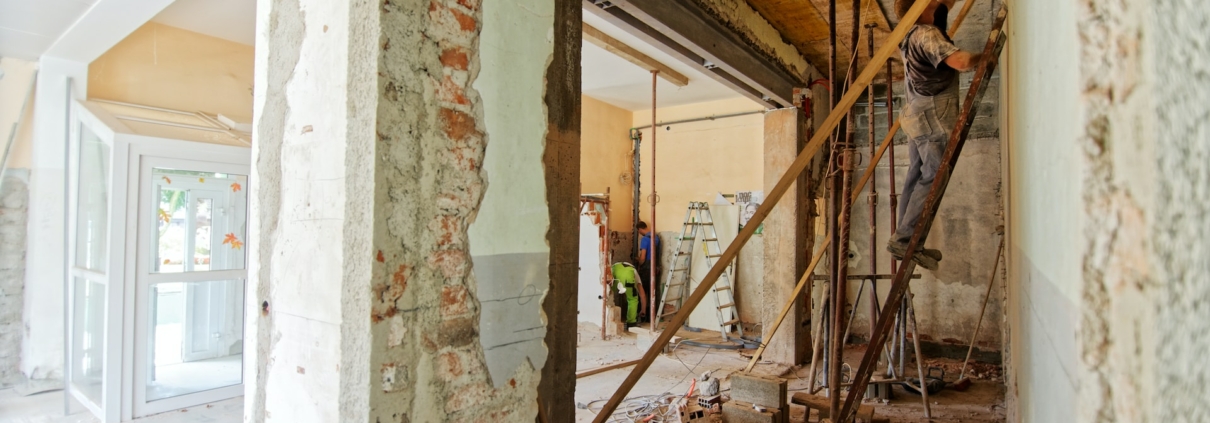Renovate vs. Relocate: The Financial Implications of Office Fit-Outs
As a business owner, you are constantly faced with making strategic business decisions, including those pertaining to your office space. One of these decisions is whether to renovate your current office space or relocate to a new one. Both options have their advantages and disadvantages, but one of the most significant factors is the financial implications of office fit-outs. In this blog post, we will explore the pros and cons of each option and the financial implications of office fit-outs.
Renovate Your Office Space
Renovating your office space allows you to retain your location, which is advantageous if you have an established customer base and want to avoid any potential negative effects on your business operations. However, renovating your office space involves a lot of planning, designing, construction, and disruption to your business, which can be costly in both short-term and long-term perspectives. For example, if you want to create a more collaborative workspace, you may need to remove walls, install new electrical wiring, redesign lighting, buy new furniture, and upgrade your technology. These costs can add up and may require several months or even years to recoup.
Relocate Your Business
Relocating your business can be a critical and financially challenging decision. It may be necessary if you need more space or want to be closer to your target market, suppliers, or employees. Moreover, relocating to a more modern and efficient office can enhance your brand image, productivity, and employee retention. However, relocation can be costly in several ways. You may have to pay for real estate fees, moving expenses, lease negotiations, and facility modifications. Relocating might also result in employee turnover and downtime, which can indirectly impact your revenue stream.
The cost of an office fit-out
An office fit-out involves the design and installation of your office interior features, such as partitioning, flooring, lighting, furniture, and technology. The cost of an office fit-out varies depending on several factors, such as the size and complexity of your office space, the quality of materials, and the level of customization. It is essential to note that the cost of an office fit-out is not a one-time payment; it usually includes recurring expenses, such as maintenance, repairs, and replacements.
Conclusion
In conclusion, the financial implication of office fit-outs varies, depending on the business objectives, the budget, and the chosen option. In most cases, renovating your office space is cheaper than relocating, but it involves more significant risks, such as business disruption and uncertain returns on investment. Relocating might be more expensive in the short-term, but it can result in long-term gains, such as improved productivity and profitability. If you would like more information on the financial implications of office fit-outs then please get in touch.






Leave a Reply
Want to join the discussion?Feel free to contribute!